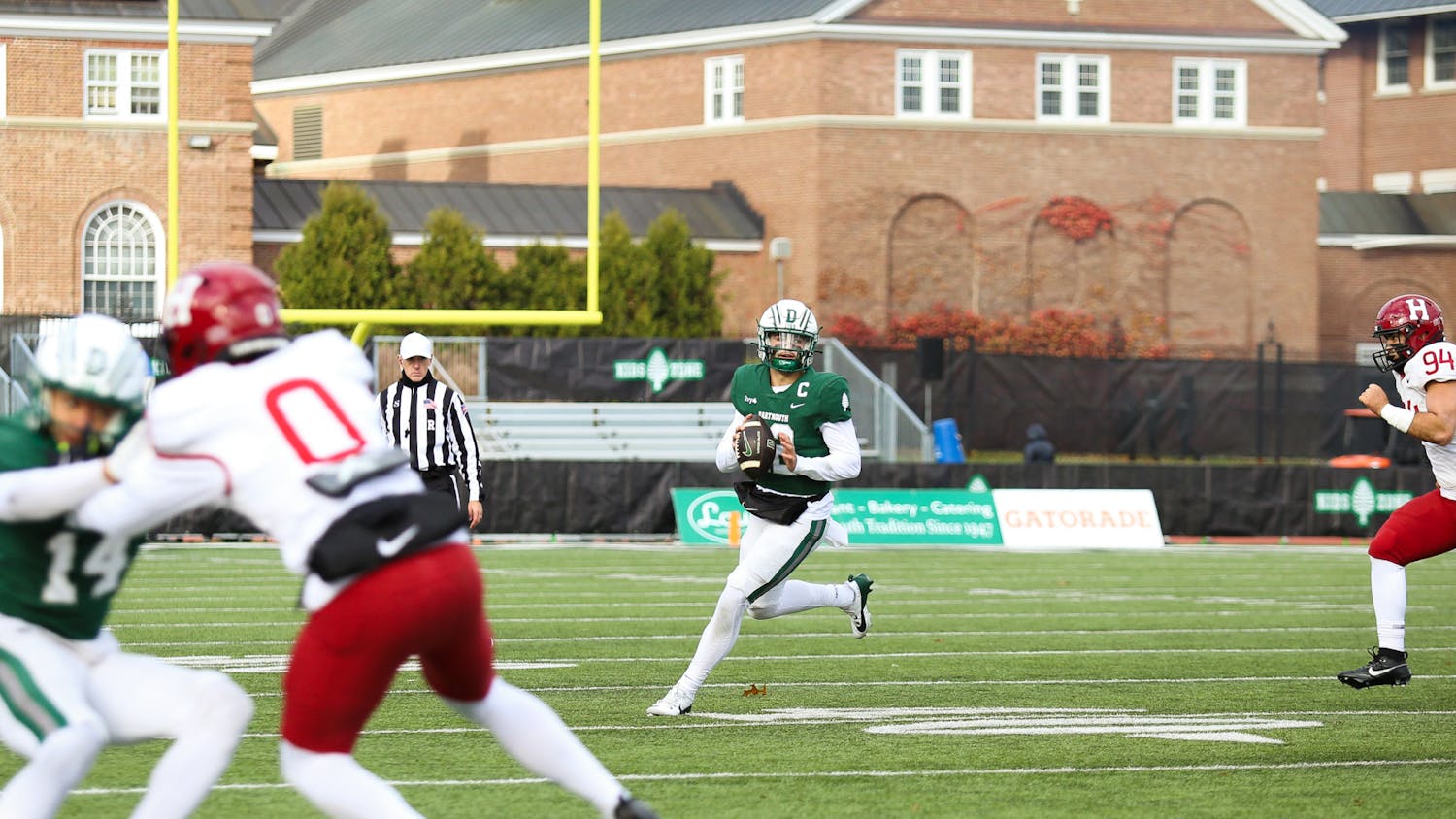When my first grade teacher asked the class to share our role models, 20 or so nubby hands shot up and waved furiously in the air. We belted out cries for mom and dad, followed by Derek Jeter, Mia Hamm and Michael Jordan.
Over and over, the media picks up on sensational reports of professional athletes at the top of their game performing badly off the field Tiger Woods and his many mistresses, Plaxico Burress' loose firearm in a crowded nightclub, Michael Vick betting on dogfighting. We wonder why we look up to athletes in the first place.
A recent poll found that 15 percent of adults thought professional athletes were good role models for children, 24 percent were undecided and 61 percent said they were not good role models.
Yes, many athletes surmount difficult personal situations and medical difficulties on their way to success, but their prowess on the field is in no way correlated to their activities off. Nothing about the fact that professional athletes run faster, jump further or score more goals necessarily makes them good role models, nor are they obligated to be.
It's a hard pill to swallow. How many of us as elementary school athletes laced up high top sneakers with a vision of ourselves as the next LeBron James about to sink a jump shot at the buzzer? Or swaggered into the batter's box channeling our inner A-Rod heady with hopes to knock a walk-off home run and clinch our middle school championship?
College athletes, especially at Dartmouth, have a privileged status in the local community. Unless you're willing to make the two-hour drive to Boston, the Big Green is as close as it gets to professional sports in the Upper Valley. Look around the next time you attend a soccer or hockey game you'll notice that much of the crowd is under four feet tall. Community members and young athletes are some of Dartmouth athletics' most avid fans.
And similarly, I do not think that Dartmouth athletes have a moral obligation to be role models in the community. People know our names and follow our sports because they love that we are good at what we do. That being said, it's a huge opportunity if athletes choose to take on service projects off the field.
Yes, school and athletics come first, but so many athletes at Dartmouth choose to spend their few valued hours of free time each week giving back to the community in extremely meaningful ways. They volunteer once a week as mentors to students at Thetford Elementary School and read to kindergarten through second grade students at Mt. Lebanon Elementary School. They build friendships with disabled students in the Best Buddies program and help make sports accessible to children in the Upper Valley through Athletes United. And last fall, four football athletes grouped up with Dartmouth graduate school veterans to make weekly trips to the Orion House in Newport, a halfway house for underprivileged adolescents.
The programs go on: athletes volunteer at termly Special Olympics games or the Summer Enrichment at Dartmouth program, direct obstacle courses at the CHaD half marathon and plan a Dancing through the Decades event at the Kendal retirement community. The men's hockey team makes an annual visit to the Children's Hospital at Dartmouth and women's track team members run as part of the Girls on the Run of New Hampshire.
Just a couple of hours a week or a service project each term makes a difference, both to the athletes that participate and the communities that they interact with. Athletes can use their special place in the community to help form connections with fans and youth athletes or just broach a conversation.
We're just 20 years old, but the small steps we take to make a difference in the life of a young athlete or struggling teenager might be the positive role model that they need to have a different outlook on their prospects to finish high school or just run their hearts out at an afternoon track race.
We're given so much as Dartmouth athletes. Even though there is no requirement that athletes perform community service, it would be a really powerful message if teams made a commitment to do one act of service each term. Volunteering at the Special Olympics last spring, I was blown away by the spirit of the event. To the crowd of parents and volunteers cheering for the athletes as they came down the home stretch of the indoor track. It was just a race, but how cool was it that we got to share in their triumph?



